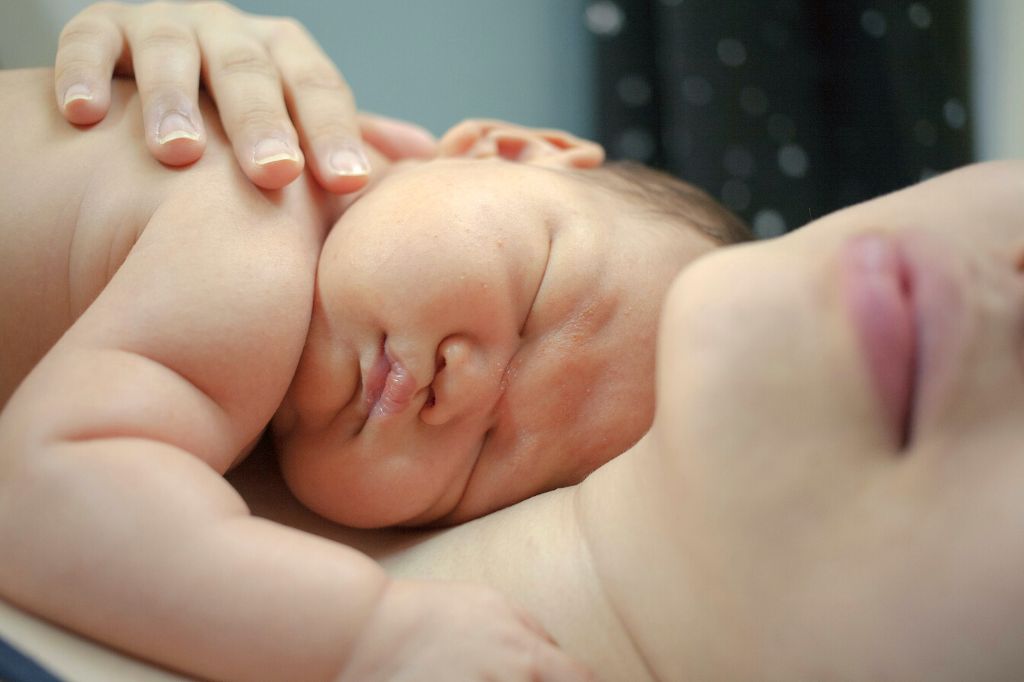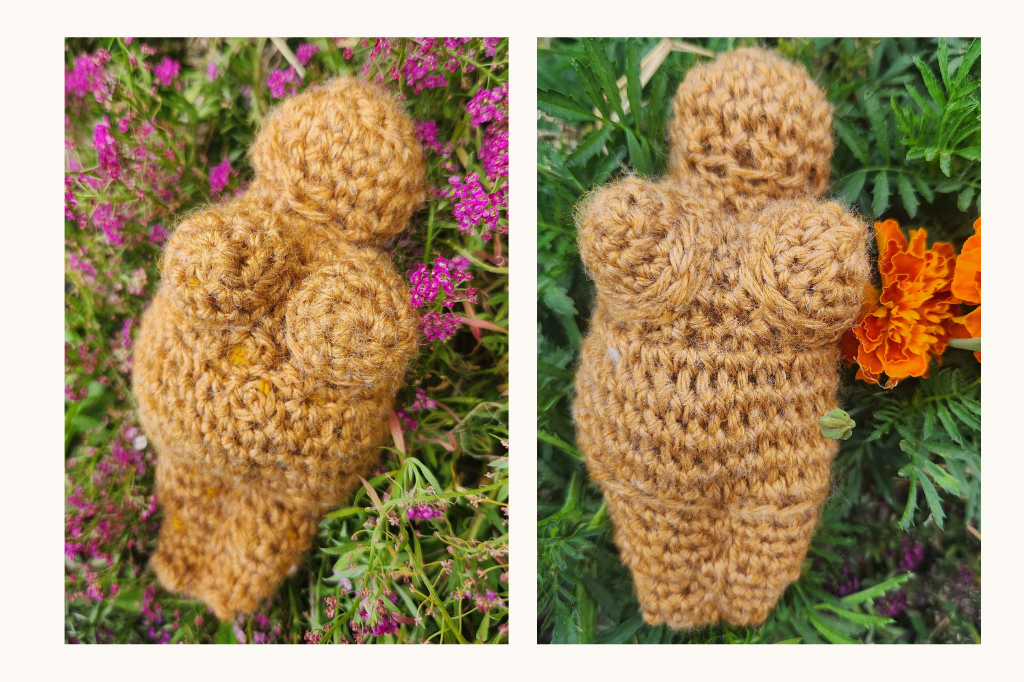An Introduction for Curious Parents
The American Academy of Pediatrics (AAP) stance on co-sleeping is that you should never, ever, do it. Some ad campaigns in the US have even taken that a step further claiming that sleeping with your baby is akin to a death sentence. But historically and in many other cultures sleeping with your baby is the norm, so what’s going on and how dangerous is it really?
Let’s dig into it!
What is Co-Sleeping?
The AAP uses the term ‘co-sleeping’ to mean a shared sleeping space and the term ‘bed-sharing’ to specify a shared bed. However other groups use the term ‘room-sharing’ to refer to a shared space and ‘co-sleeping’ for a shared bed.
Ho-boy, isn’t that confusing!
For the sake of this post I’ll be using co-sleeping to mean a shared bed and room-sharing to mean a shared space.
Is Co-Sleeping Dangerous?
Yes… and no.
In a 2018 article from NPR titled Is Sleeping With Your Baby As Dangerous As Doctors Say? the studies that the AAP cited were re-examined by independent statisticians and turned into an infographic. The results may surprise you

So yes a low-risk infant is 30x more likely to die of SIDS while co-sleeping than they would be room-sharing with a crib but it’s still a very small chance.
To give that some context the chance of being hit by lightning is 1 in 13,000.
There is even some argument that co-sleeping can reduce the risk of SIDS because the infant and mother will synchronize their breathing and heart rates. (For more about that check out this article by Greater Good Magazine titled How Co-Sleeping Can Help You And Your Baby)
One thing we do know from NPRs number breakdown is that there is a huge difference in risk factors between a high-risk and a low-risk baby when it comes to co-sleeping.
Co-Sleeping Safely
If you’re interested in co-sleeping here’s what you need to know to do it safely.
Do’s
- Do keep the bed clear
(no blankets, pillows, bumpers) - Do keep the bed firm
(no pillowtop, no waterbeds, no air mattress) - Do breastfeed
Don’ts
- Don’t consume alcohol
- Don’t smoke
- Don’t sleep on couches or chairs
- Don’t place a swaddled infant on their side or tummy
- Don’t share the bed with anyone besides your baby
Breastfeeding while co-sleeping is important because of the role it plays in the sleep cycle. All babies have periods of irregular breathing during the first few months of life and the cycle of nursing, nodding off, rousing, crying, and nursing again helps to cement good breathing habits.
It also has some biological imperative as breastfed babies will stay facing the mothers’ breast throughout the night with little movement and mothers tend to sleep curled around the baby in a C-shape.
Keeping Communication Open
Between 1993 and 2015 the number of parents who admitted to co-sleeping rose from 6% to 24% in the US.
Given the stance of the AAP that co-sleeping is inherently dangerous it’s possible those numbers are actually higher as parents may not feel comfortable talking with their pediatrician about their choices.
Unfortunately when parents don’t feel like they can have honest discussions with their doctor the conversation stops entirely which keeps parents from receiving information about how to co-sleep safely.
The dangerous part of co-sleeping is often how it’s done and not the practice itself.
What do you think?
Is co-sleeping something you’ve considered? Why or why not?
Comment below and let me know!
If you’re interested in co-sleeping be sure to do your research and talk to your pediatrician about any concerns.
Articles referenced in this post
Experts Have Finally Acknowledged How Common Co-Sleeping Is, Despite All The Warnings
How Co-Sleeping Can Help You and Your Baby
Is Sleeping With Your Baby As Dangerous As People Say?
More Reading
Safe Infant Sleep by James J. McKenna









One response to “Co-Sleeping Safely”
A motivating discussion is definitely worth comment. Theres no doubt that that you should write more on this issue, it may not be a taboo subject but usually folks dont talk about these subjects. To the next! Kind regards!!